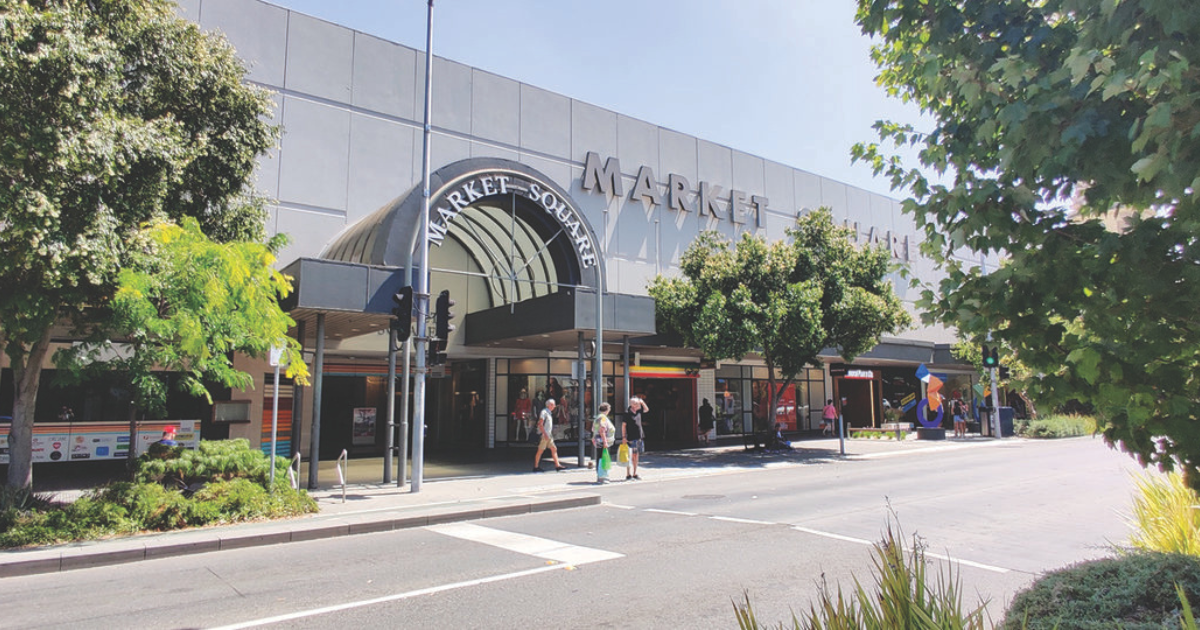Geelong transport costs surge

A surge in transport costs has been driven by new car buyers opting for larger, more expensive vehicles. Photo: SUPPLIED
TRANSPORT costs are continuing to rise at a higher rate than general inflation, stressing household budgets across Australia. Melbourne and Geelong are experiencing the highest increases in the country, according to the latest AAA Transport Affordability Index.
In the March quarter, Geelong experienced the highest weekly increase in transport costs in the regions, up $22.59.
The report found that over the past year, transport costs for a typical Geelong household increased by $1,174, reaching $23,085.
This rise was largely driven by more new car buyers choosing bigger, more expensive vehicles.
Melbourne had the largest weekly increase in total transport costs among capital cities, up $29.02. The typical Melbourne household saw an annual increase of $1,509, bringing the total to $29,286.
The report, released by Australia’s peak motoring body, shows a 10 per cent increase in transport costs for the year ending 31 March, significantly outpacing the CPI increase of 3.6 per cent for the same period.
In the past year, transport expenditure rose by 9.3 per cent for the typical capital city household and 11 per cent for the typical regional household.
In the March 2023 quarter, the typical capital city household spent 16.4 per cent of its income on transport. By the March 2024 quarter, this had risen to 17.3 per cent. Similarly, the typical regional household’s transport expenditure increased from 15.1 per cent of its income to 16.3 per cent over the same period.
The overall rise in transport costs was largely driven by higher up-front costs for purchasing new vehicles. In 2023, prices for some popular vehicle models increased, with larger, more expensive vehicles replacing smaller models in the top 10 best-sellers list.
AAA managing director Michael Bradley said the continuing decline of transport affordability was a heavy burden at a time when Australians are feeling cost-of-living pressures across the board.
“Transport is a significant and unavoidable expense for households, and it is also one of the key drivers of general inflation,” Mr Bradley said.
“Governments at all levels must consider these cost pressures when formulating policy,” he said.”
Mr Bradley also highlighted that legacy import tariffs and luxury car taxes, initially introduced to protect the now-closed Australian car manufacturing industry, are adding to the cost of vehicles for Australian families.
“These legacy taxes have outlived their original purpose and today are adding to the cost of cars being bought by Australian families and fleets,” he said.
The Affordability Index surveys transport-related costs in Australia’s eight capital cities and one regional centre in each state and the Northern Territory. It models costs for a hypothetical household of four, with both parents working full-time and owning two cars.

















